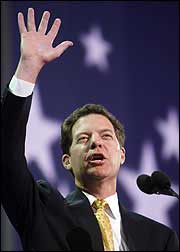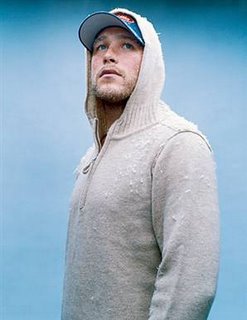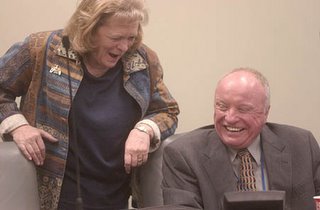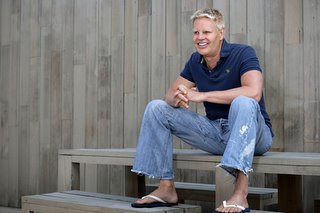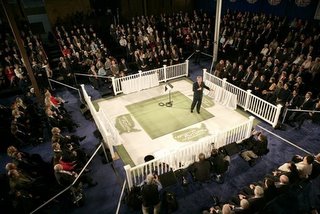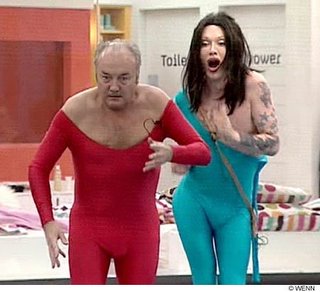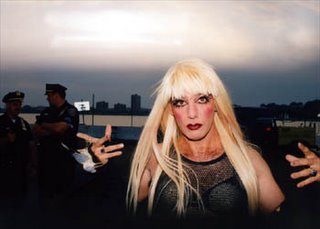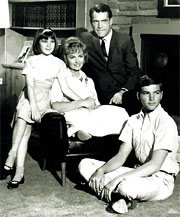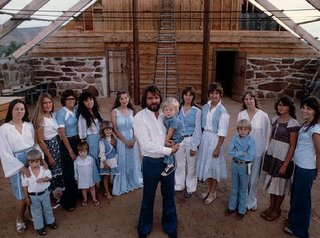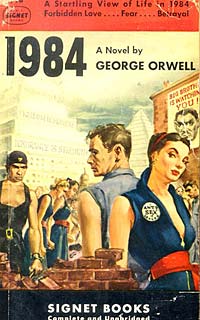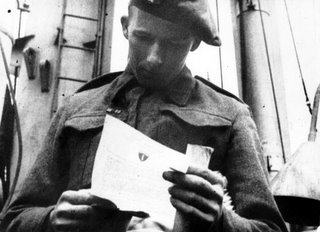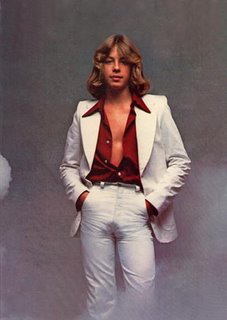I've thought long and hard before posting about this. It's intensely personal, but I decided from the beginning with this blog that I would pull no punches. So this posting has nothing to do with snarky political commentary or rants about what's wrong with the world. This posting is a confession.
I have a problem with food.
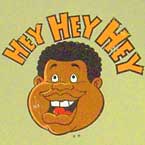
It started, appropriately enough, with fruit salad. You know, the kind you buy in a can, that comes drenched in a sugary viscous liquid, individual chunks of pear and peach and flattened-out grapes and cherries floating like little embryos in their sack. When I was eight, I would walk home from school by myself, reading my book as I walked, each step etched in memory. When I got home, I would pull a dented can of fruit salad from the top cupboard and pour it into a bowl, eating it while laying with my book on the living room carpet. My dad had bought a couple hundred cans of fruit salad at a garage sale, and through my fourth grade year, I whittled down the pile, one can at a time. It's no coincidence that it was in fourth grade that I first started thinking of how different I was from the other boys I knew.
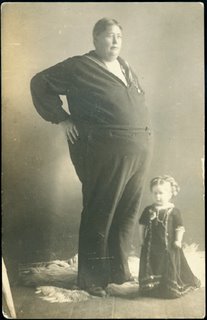
The problem continued into adolescence. I spent most of the time from thirteen to sixteen in a severe depression, and food was chemical relief, a way to feel better that didn't make me feel guilty or bad or involve a prescription. But it did make me fat. As I fell in adolescent puppy love with a string of mostly slim young men, I continued to bulk up. I was never going to be thin; I'm a big boy, 6'2, with a large chest, a thick neck, and a sturdy white-boy build. It was easy for me to put on weight. It was also a great way to isolate myself, to cocoon off from my sexuality. People didn't ask me about girls because they assumed I had a hard time finding one who could see past my growing gut.
When I was a Mormon missionary in the French West Indies, I lost a lot of weight by necessity. We were poor, we didn't have a lot of food, and we did a lot of walking under the tropical sun. In Martinique, we lived on the fourth floor of an apartment building perched above Fort-De-France, up a wicked flight of stairs from the city below. You don't know what torture is until you've climbed a steep, steamy hillside in the tropics while wearing a tie. But when I came back and went to
St. John's College, I experienced the perfect storm of weight gain; depressed by being in the closet, unsure what to do about my rapidly deteriorating faith, insecure about being a white-trash boy at one of the most intellectual colleges in America, I developed insomnia and coped with food. Many nights right before dawn I would trudge through the icy streets of Annapolis to Chick and Ruth's all-night diner, for a burger and a slice of pie. When the sun rose, I'd stand with the early risers, the watermen and D.C. commuters, and recite the Pledge of Allegiance, as was mandatory for all Chick and Ruth's customers at dawn.

By the time I came out of the closet, I was the heaviest I'd ever been. So I started running, late at night to avoid being seen. At first, I could make it half way around the block. But eventually I built it up to as much as four miles a go. Then I joined the L.A. Rebellion rugby team, and the pounds really started coming off. Hot Sunday morning practices in a shabby L.A. park will do that to you. I lost over 125 pounds.
I was in the best shape of my life.
But old habits die hard. Much of my motivation to lose weight when I came out was vanity; I wanted to look my best, to be able to go out to a bar and be noticed. But this is a superficial reason, and as I started to build a complex life as a gay man, I realized that I wasn't the kind of guy who is willing to spend all my time in the gym, just to hook up with someone slightly better looking. Besides, sex is about confidence. Gym bunnies now appear to me as supremely insecure beings. Hey, we all like muscles, but if you are 35 and your life consists of work and the gym and the bar on Saturday night, good luck having something in your life that matters.

Besides, it was so much work, and food still had its hold on me.
So I started gaining weight again, my good eating habits giving way first to convenience, then to circumstance. I dated a guy who actually liked me being fat (there's a lot of people who do). I was too busy to eat right. I started a new job nowhere near the gym. I was traveling a lot, working on my film, and I just broke my routine. Then last Spring I injured my knee playing rugby, and I could no longer do my favorite exercise, running. Besides, I was getting too heavy again to exercise like I once had.
Of course, this works as a spiral. Having lost weight and then gained it back is far more depressing then having never lost it at all. I slid right back to my worst overeating, and gained back all the weight I'd lost. It started to effect me in telling ways. Stairs hurt. I didn't want to walk the Basset-Beagle. I started driving a big truck, because my little city car was too hard to get down into. I broke up with my boyfriend, and started eating more. How could I have come so far, and still be stuck in the patterns I'd developed as a pudgy eight-year-old? Hadn't I figured out enough about myself that I no longer needed to overeat?
The answer is complex. My relationship with food is emotional, but it's also driven by my biology. Having over-eaten my entire life, my body has adjusted to this level of consumption. I've been able to change that in the short term, but I need a long term fix. So, on February 2nd, I'm going into Cedars-Sinai Hospital for a
Roux-en-Y gastric bypass surgery.
I'm afraid, I'm anxious, I'm pissed off at myself for not being able to beat this thing through will power alone.
But most of all, I'm thrilled at the thought that I may finally break the hold, the addiction that food has on me. I don't even like to eat anymore; it's not about pleasure, it's about feeding this physical hole in me, a hole that I'm having sewn up.
I know this is going to be a very difficult next few months. My brother had this procedure, so I know how drastically it will alter my life. No more winding down in the pub with a Cornish pasty and a few pints of beer. But I need to make a change. My father is half Muskogee, and few of his Indian relatives over fifty are free of diabetes. My mother's family has a long history of heart disease and stroke. If I don't find a solution to this problem, I'm not going to have much longer to worry about it.
I'm thirty-five years old. I'm in generally good shape. I have led a pretty active life, and I want to be able to continue to do so. But I'm too fat to play rugby anymore, too fat to jog, to fat to enjoy my body. In the next year, that's going to change radically.
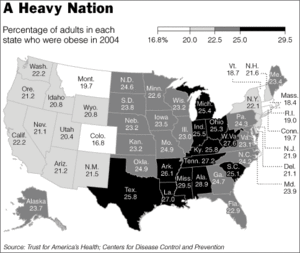
We're a nation addicted to bad food, exploding in size, growing heavy with obesity. Consumption is a consumer sport for us these days. I've got this recent history written across my body, but I've had enough. I'm pussying out. In our national eating contest, I'm a quitter. I'll still be jolly if you like, but I'm no longer going to be fat.
I hope the surgeon has a steady hand.






